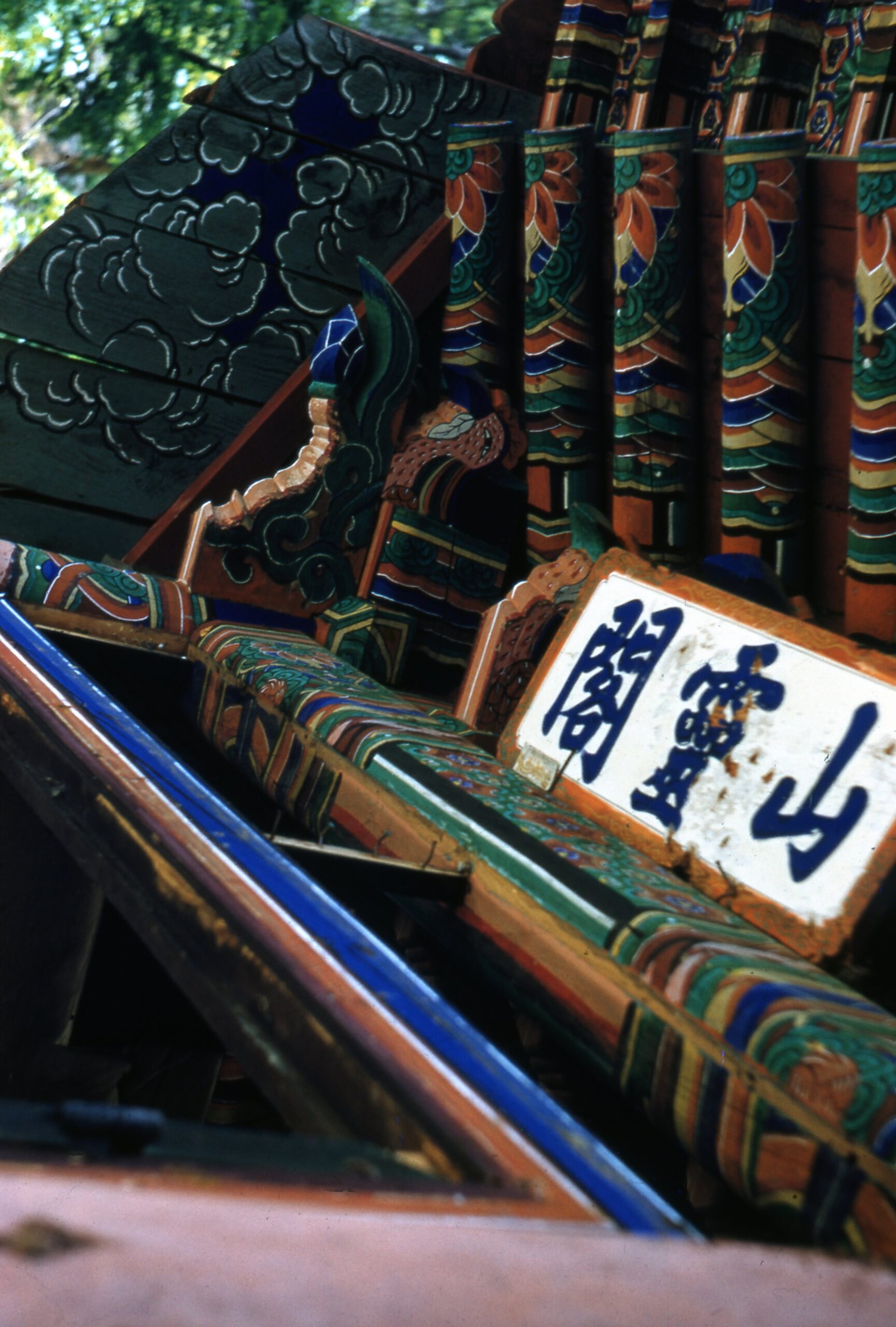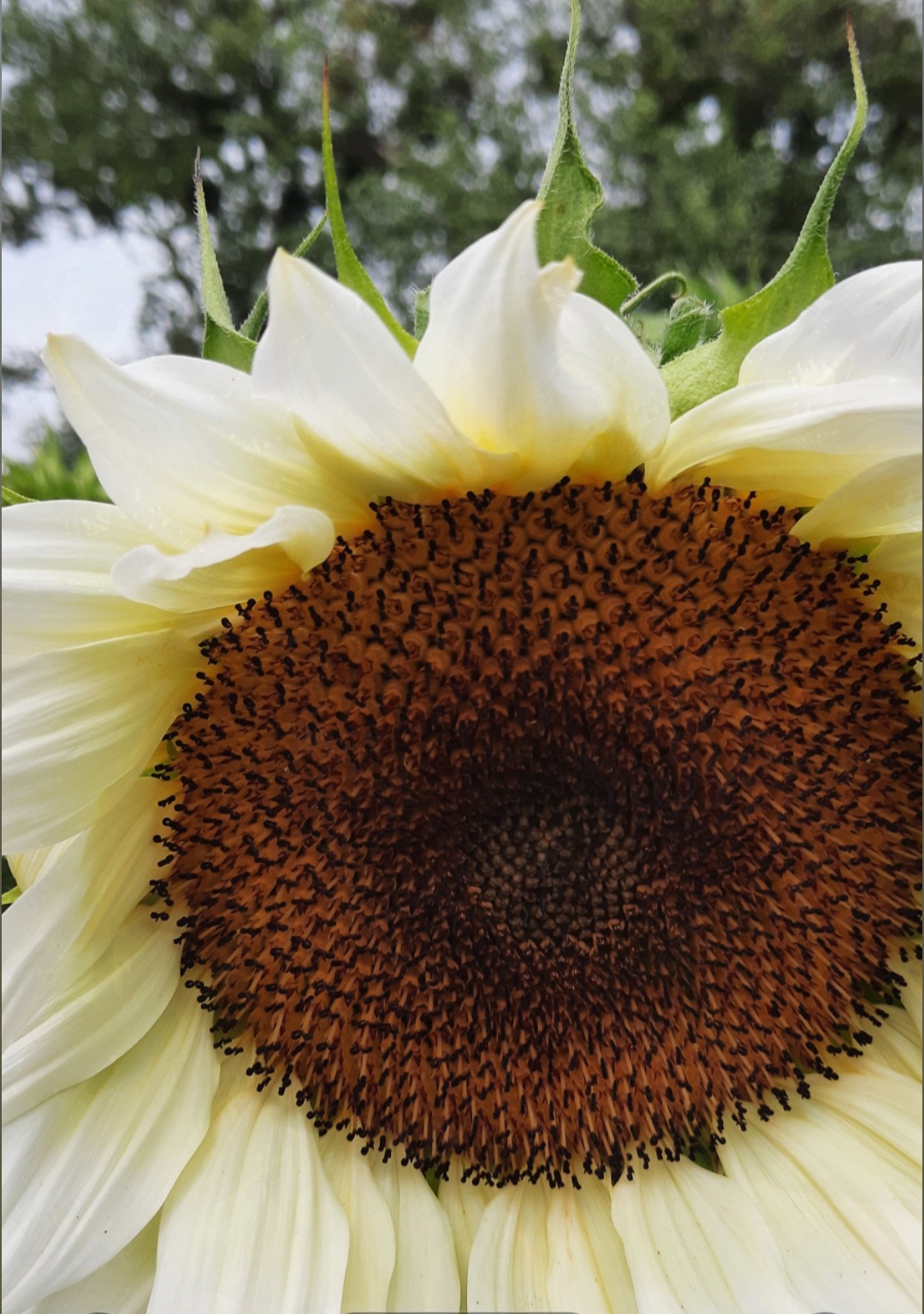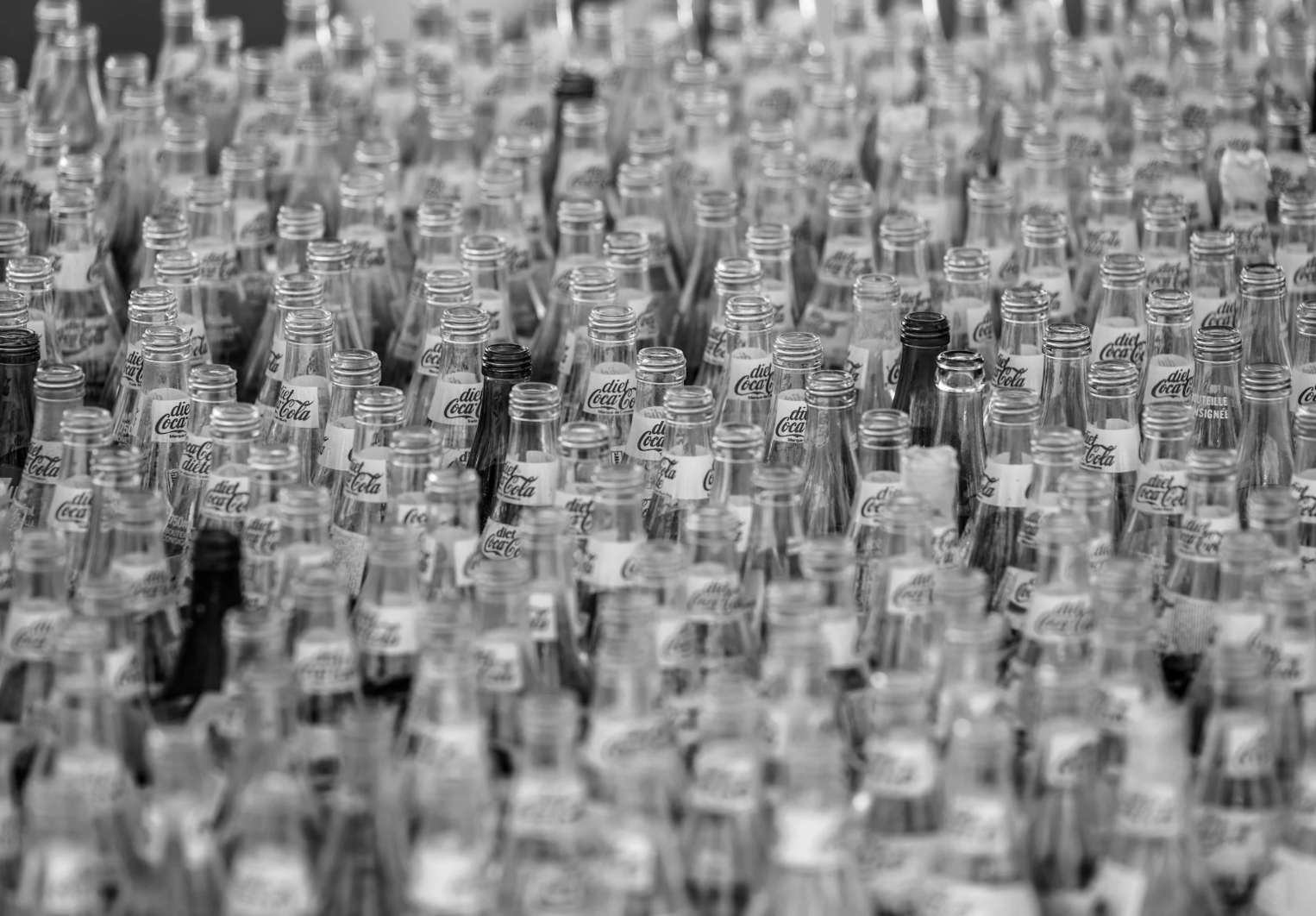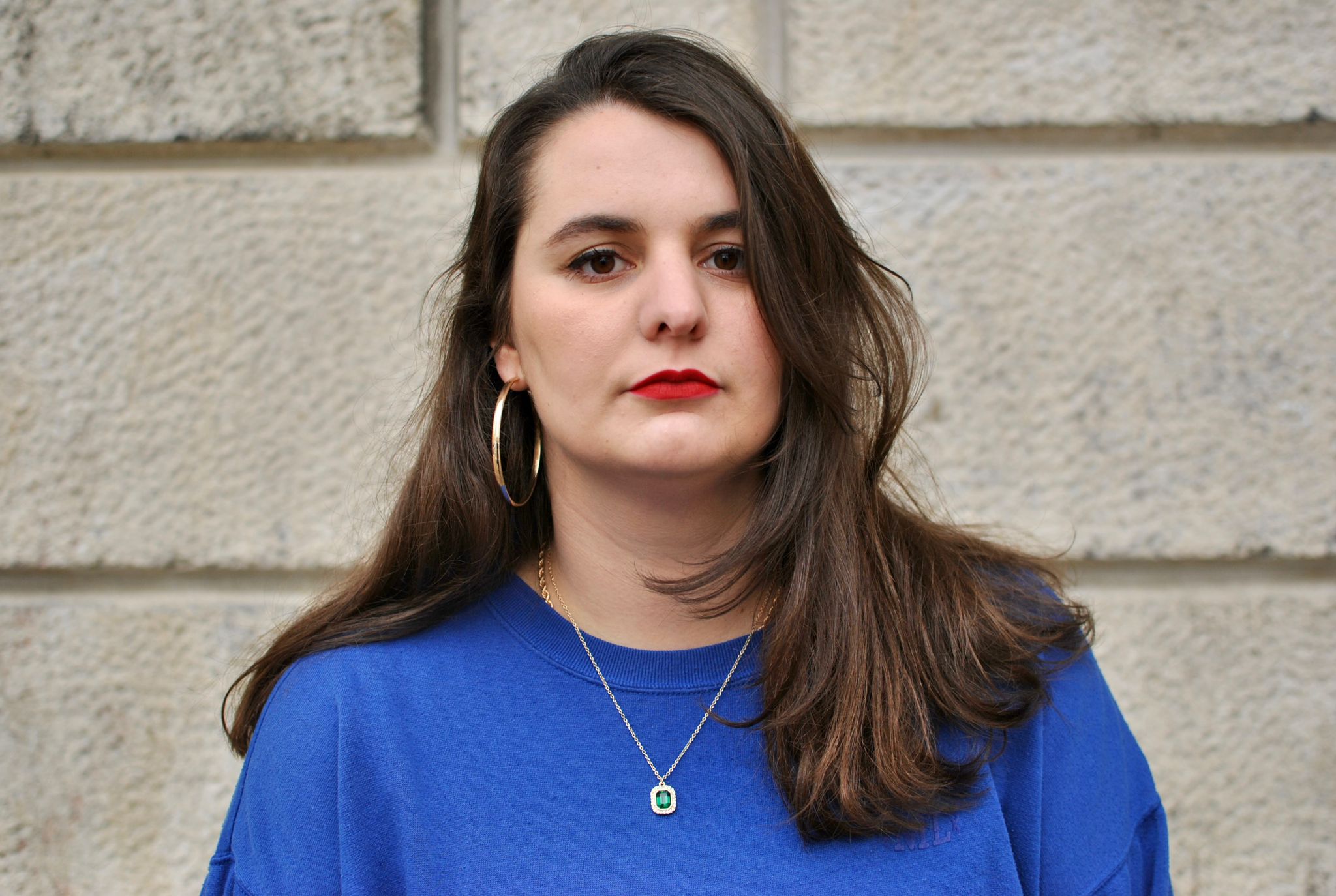By CHO JI HOON
Translated from the Korean by SEKYO NAM HAINES
Translator’s note:
Cho Ji Hoon’s “Sorrow of Phoenix” appeared eleven months before the Pearl Harbor attack in the literary magazine Moonjang in 1940. This poem, along with “Old Fashioned Dress” and “Monk Dance,” published a year earlier, are considered to be among his major works. Born in 1920, Cho Ji Hoon grew up under Japan’s oppressive colonial rule after the demise of Chosun Dynasty in 1910 and has said that the foundation of his poetry was his attachment to what was vanishing from his native culture. He longed for the beauty of traditional Korea.
At the height of imperial power, Japanese colonial policy toward Korea had been designed to dismantle traditional Korean culture, language, and aesthetics in order to turn Koreans into imperial subjects. Koreans were forced to take Japanese names. Korean palaces were demolished to build western-styled colonial government buildings. Changgyeonggung, one of the most beautiful residential palaces, was torn down and made into a zoo and botanic garden. Many other historic palace buildings were left to ruin.
“Sorrow of Phoenix” describes in vivid images the dismal condition of these palace buildings. “The flying eves” are the unique architectural features of Korean palaces that Cho Ji Hoon loved. Once the symbol of beauty and power, the palace is left “to spiders to web” and other fauna: “the pigeons and the mountain birds make their nests.” “Phoenix” represents the lords or the smaller nation within the empire whose power is leased from the emperor. This poem raises questions about a citizen’s relationship to her nation: if a nation (phoenix) had feeling, would the nation feel the depth of her citizens’ sorrow? What happens to one’s self-identity when one’s nation lose its sovereignty? Isn’t the nation’s sorrow proportionally greater than a personal sorrow?
I left “dancheong” untranslated. “Dancheong” are the colorful painted decorations on wooden columns and exposed roof beams that also serve to weather-proof a building. Based on the Yin and Yang theory, the five colors used are Blue, Red, Yellow, White, and Black, which correspond to the five elements. “Dancheong” decorations are only allowed to be used on Palace buildings and Buddhist temples.
Under the sky, the poet only sees his “shadow” moving about; because for him “there is no place… to stand.” Indeed, where can you stand firm and call it “my place” when you have lost your nation? For me, this poem is the saddest of Cho Ji Hoon’s collection. When I come to the last line, “O Phoenix, I would have wailed into the depth of ninth heaven,” I am completely with him. The sorrow he feels “to the depth of ninth heaven” is infectious. The poem resonates in my bones and touches the inherited sadness of my Korean past within me.
— Sekyo Nam Haines
Sorrow of Phoenix
The brightness of Dancheong, faded,
the grand columns are eaten away by the worms.
At the flying eaves, without the sound of wind chimes singing,
the pigeons and the mountain birds make their nests.
While attending the demand by the stronger Kingdom, the throne
was left empty to spiders to web.
Over the throne, the twin dragons used to tease with pearls,
now, the double phoenixes rise in twisted motion.
Has there ever been a time, when a phoenix has cried!
Under the blue sky, my shadow moves on, stepping on the paved bricks.
There isn’t an abrading sound of royal jade.
Next to the official stone rank-markers,
between the first right rank to the ninth left ranks,
there is no place for me to stand.
Had I not known the tears are vulgar,
O Phoenix, I would have wailed into the depth of ninth heaven!
봉황수
벌레 먹은 두리기둥 빛 낡은 단청 풍경 소리 날아간 추녀
끝에는 산새도 비들기도 둥주리를 마구 쳤다. 큰 나라 섬기
다가 거미줄 친 옥좌 위엔 여의주 희롱하는 쌍용 대신에
두마리 봉황새를 틀어 올렸다. 어느 땐들 봉황이 울었으랴만
푸르른 하늘 밑 추석을 밟고 가는 나의 그림자. 패옥 소리도
없었다.품석 옆에서 정일품 종구품 어느 줄에도 나의 몸 둘
곳은 바이없었다. 눈물이 속된 줄을 모를 양이면
봉황새야 구천에 호곡하리라.
Born in 1920, Cho Ji Hoon is a canonical poet of modern Korea and a renowned traditionalist of Korean aesthetics. Written in a modernist free-verse form, his poetry is rooted in the literary Sijo that began in 12th century and has the intense local flavors of pre-industrial Korea. In 1939, Cho Ji Hoon’s first poem appeared in the literary magazine MoonJang. In 1946, his poetry appeared in the collection, Cheongnok Jip (청록집) along with the works of Park Mokwohl and Pak Doo Zin. The three were known as “Cheongnokpa,” or the “Green Deer Poets.” A professor of Korean language and literature at Korea University for 20 years, Cho Ji Hoon served as the president of the Korean cultural society affiliated with the university and president of the Korean poet’s association. He received numerous literary awards and published five poetry collections, as well as many books related to Korean literature and culture. He died in 1968.
Born in South Korea, a immigrated to the U.S. in 1973 as a registered nurse. She received her BA in American literature and writing at Goddard College ADP. She continued her study of English literature at the Harvard Extension school and poetry with the late Ottone M. Riccio in Boston, MA. Her first book, Bitter Seasons’ Whip: The complete Poems of Lee Yuk Sa, was published in 2022 (Tolsun Books). Her poems appeared in the poetry journals Constellations, Off the Coast, and Lily Poetry Review, and elsewhere. Her translations of Kim Sowohl’s poetry appeared in The Harvard Review, The Brooklyn Rail: In Translation, Ezra, and Circumference. Her translations of Cho Ji Hoon appeared in Interim, Asymptote’s translation Tuesday blog, The Fourth River, Tupelo Quarterly, Anomaly, and forth coming in The Tampa Review, May Day, Consequence Forum, and Guernica Magazine. Sekyo lives in Cambridge, MA with her family.




